If you click on a link and make a purchase we may receive a small commission. Read our editorial policy.
Doctor Who gets political (almost) and perhaps just a little contradictory in the process
'73 Yards' dumps the Doctor and focuses on Ruby in a horror story with a hidden monster
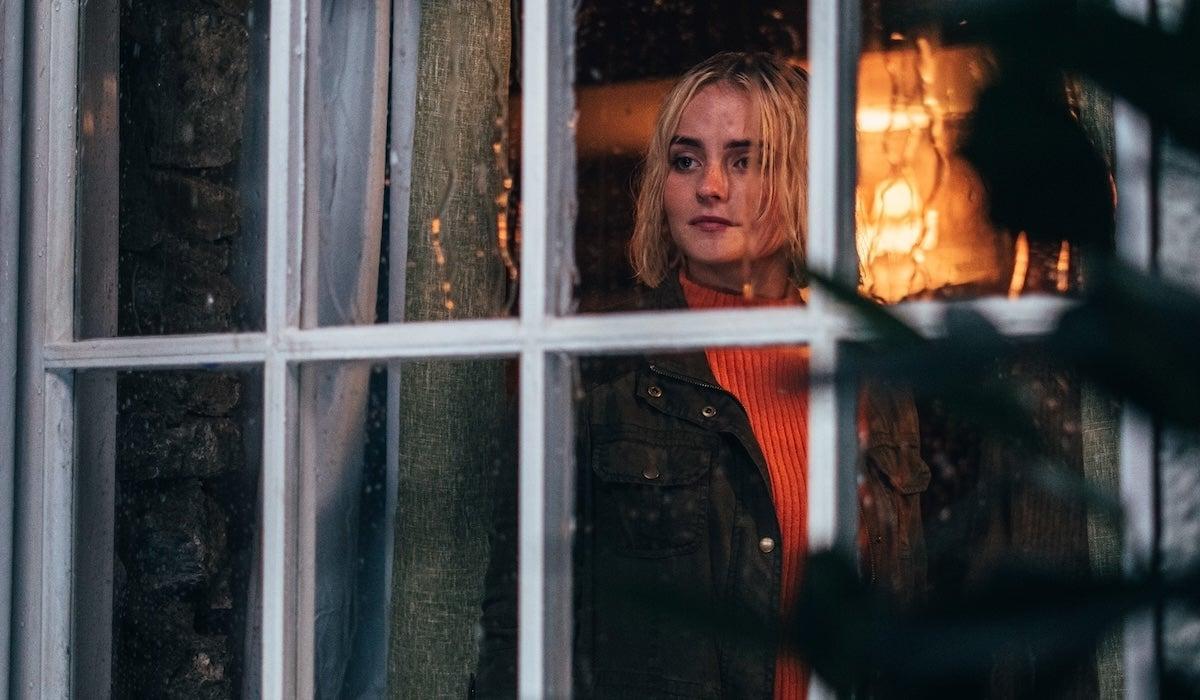
Popverse's top stories
- Joker and Harley Quinn are back together as former Marvel TV boss Jeph Loeb charts a big Batman & Wonder Woman crossover with Jim Cheung
- From the Ball to the Burlesque: ECCC 2026's Tavern is where to sidequest, Seattle-style
- I can't wait to cry my eyes out at Journal with Witch this January on Crunchyroll [Popverse Jump]
For all that it delves into folk horror tropes (and, admittedly, makes fun of them along the way), the latest episode of Doctor Who is concerned with a very different type of horror altogether — and it’s one that showrunner (and episode writer) Russell T. Davies has touched on more than once before in his career.
Spoilers for the Doctor Who episode ’73 Yards’ follow. Stop reading now if you don’t want to have the episode spoiled for you. We mean it.
It’s particularly ironic that Davies — a man whose writing is so eager to please that he has no shame titling an episode ‘Space Babies,’ and having that episode end with a space station that literally farts its way towards a better future — is so suspicious of populism, but it’s a thread that has run through so much of his work. The populist appeal of ’73 Yards’ politician Roger Ap Gwilliam (Aneurin Barnard) and his Albion Party is the true danger at the heart of the episode, although that’s purposefully hidden for more than half of its runtime behind a disguise of Davies playing with the mystery of the old woman haunting Ruby, and the disappearance of the Doctor. His absence is, admittedly, very noticeable in this episode; Ncuti Gatwa’s presence is so magnetic that when he is basically gone for the entire runtime, the episode drags a bit as a result. Sorry, Ruby (Millie Gibson).
Don’t follow leaders…

Ap Gwilliam is, in many ways, a call back to Harold Saxon, the Prime Minister that was actually the Master in the third season of Doctor Who back in 2007’s ‘The Sound of Drums’ and ‘Last of the Time Lords’ two-partner; while Saxon’s political party was purposefully never mentioned, he too was another charismatic leader whose vague menace is entirely overlooked by a populace so eager for someone to act as savior and solution for all their ills that any potential problems are ignored. Of course, the Saxon story is, to some degree, more optimistic about human nature, given that there was literal mind control involved, whereas Roger Ap Gwilliam’s success is just down to… well, base human nature, really.
In that, it’s actually closer to an entirely different Davies project: HBO’s underrated dystopian drama Years and Years, in which Emma Thompson’s Vivienne Rook — not coincidentally, the same name as a journalist in ‘The Sound of Drums’ — is an extreme politician whose new party comes to power in the UK after a campaign based on insular policies and projecting an image of “strength” without boundary. There’s a lot of crossover between Rook and her Four-Star Party, and Ap Gwilliam and the Albion Party, and that doesn’t feel like an accident; instead, it feels like a warning on Davies’ part about a need to pay more attention to what politicians are actually saying (or, perhaps, not saying) than anything else… a plea for viewers not to put blind faith in anyone to deliver them from trouble that is, considering Doctor Who’s primary hero, just as ironic as Davies’ distrust of populism in general.
…Watch the parking meters
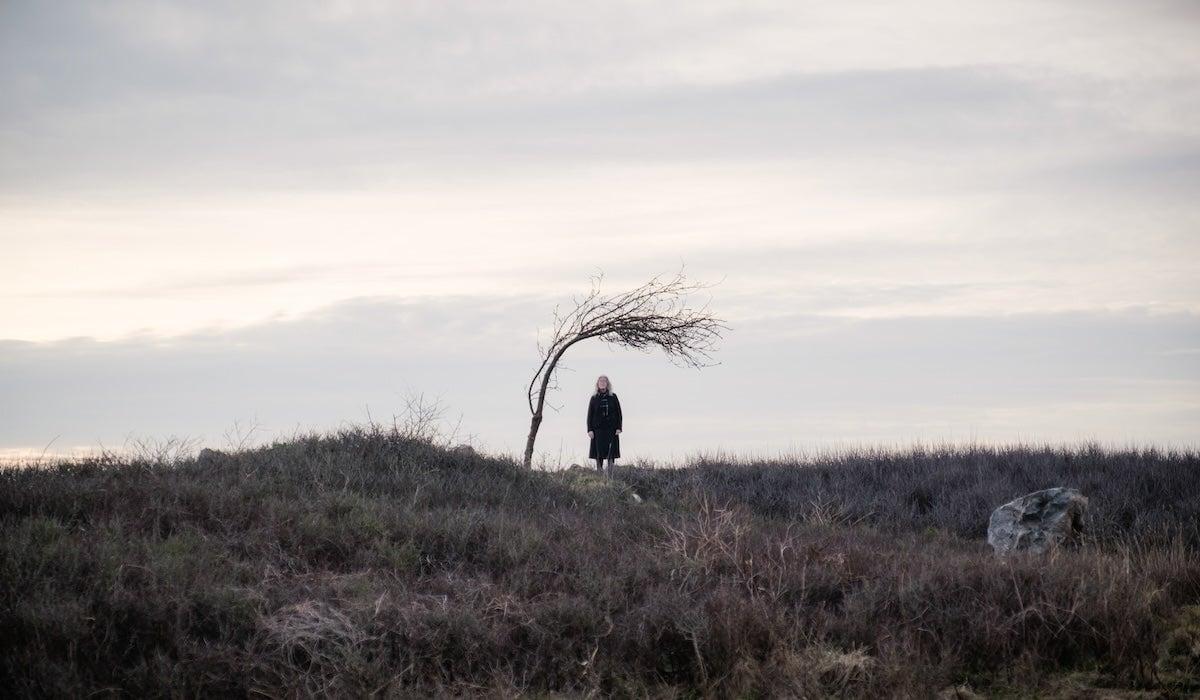
Or maybe not. The Fifteenth Doctor is, in some ways, very un-Doctor-like in ways that are very interesting; despite what he says about never running from danger in ‘Space Babies,’ he does it not only in that episode, but also in ‘The Devil’s Chord.’ In ‘Boom,’ he’s the character in danger for the entire episode, putting him essentially immobile and helpless for the entire episode, fulfilling a role that the companions traditionally do. In ’73 Yards,’ he’s the one who trips the trap and disappears for the entire episode. This Doctor is wonderfully flawed, and not necessarily who he — or, we, the viewers — think he is.
Is this an intentional message to send, or something entirely coincidental? This season, there are so many running mysteries (Who is the recurring old woman, who shows up again here and is, tellingly, almost recognized by Ruby? What is Ruby’s secret, anyway? And who is Mrs. Flood, who is seen here again for the first time since the Christmas Special, but who knows more than she’s letting on?) and running themes — what is with the Pantheon and Godlike beings interrupting the science of things? How often will human kindness and empathy be undercut by corporations’ greed or political expediency? — that it’s getting difficult to tell if we’re reading into things or not, but the Doctor is curiously not very unlike the Doctor… and that might be important, as we head into the back half of the season.
Doctor Who continues next week with ‘Dot and Bubble,’ described by Disney+ with the following text: “An awful terror is preying on the citizens of Finetime and it’s up to the Doctor and Ruby to help them save themselves before it’s too late.” We’d assume that everything will turn out alright because it’s Doctor Who, and yet… well, things haven’t been playing by the old rulebook so far this season, have they…?
If you want to start watching Doctor Who and don't know where to start, check out our handy Doctor Who watch guide. Or maybe you're already finished with the show - We've got the perfect Ten shows to watch when you're done watching Doctor Who guide for you too. If you're already heads over heels for the Fifteenth Doctor and want to learn more about the actor playing him, check out what he's been in before here. Or maybe you just need to figure out how the new series numbering is going to work (Are there really gonna be two series 1s? Yes.) - if so, this is the explainer you want.
Follow Popverse for upcoming event coverage and news
Find out how we conduct our review by reading our review policy
Let Popverse be your tour guide through the wilderness of pop culture
Sign in and let us help you find your new favorite thing.


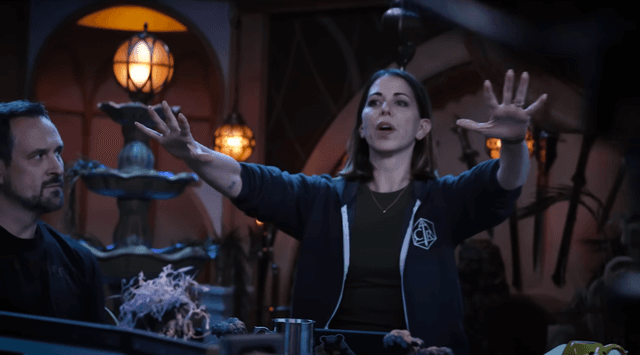



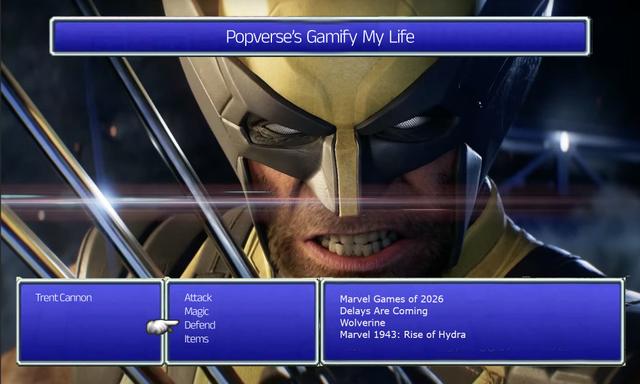

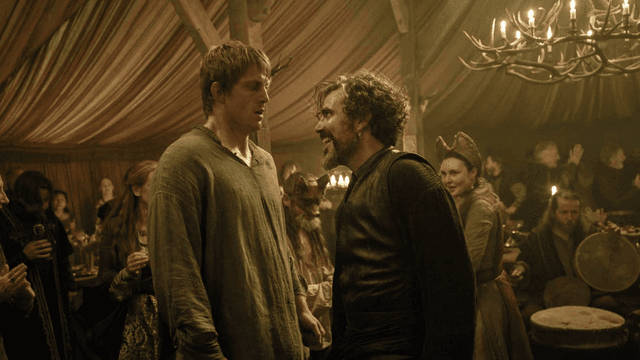







Comments
Want to join the discussion? Please activate your account first.
Visit Reedpop ID if you need to resend the confirmation email.